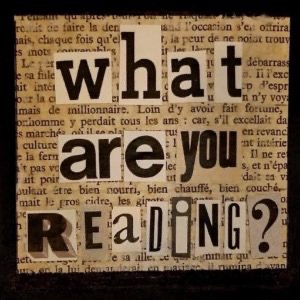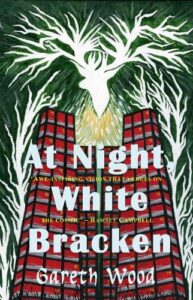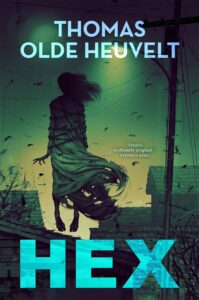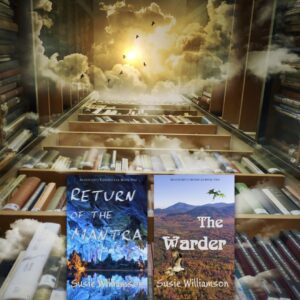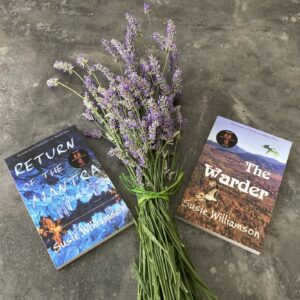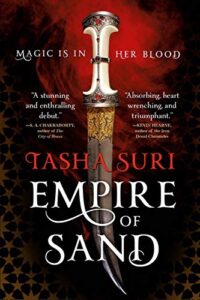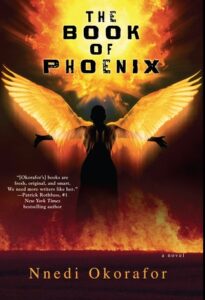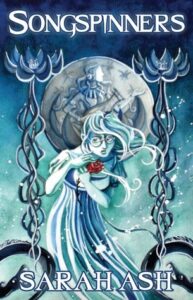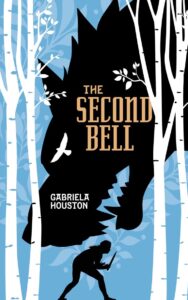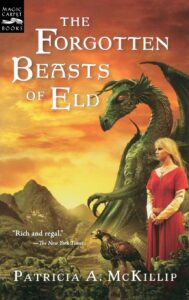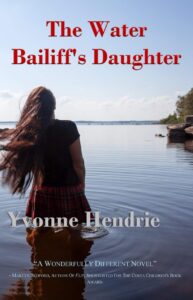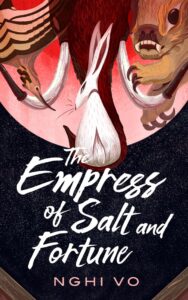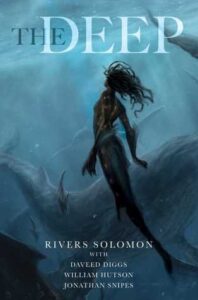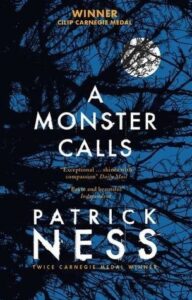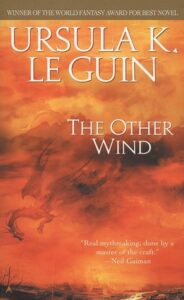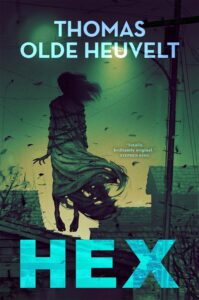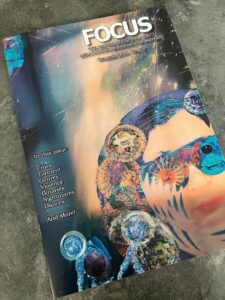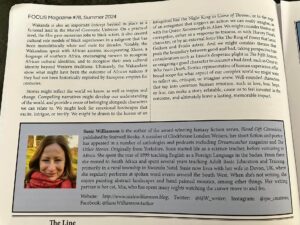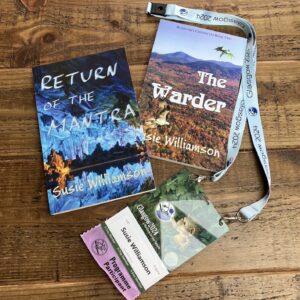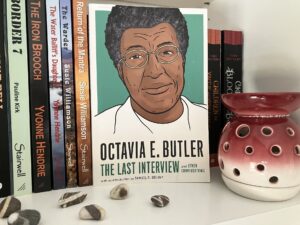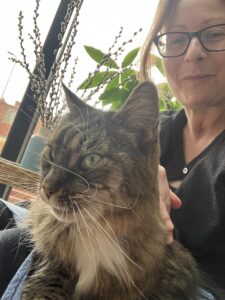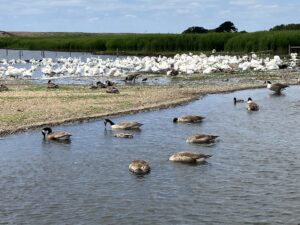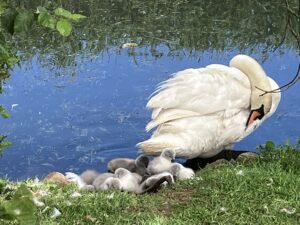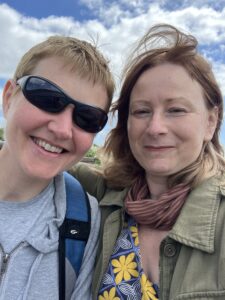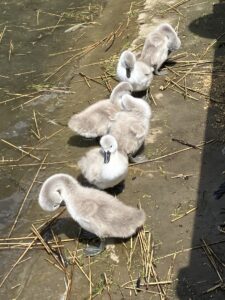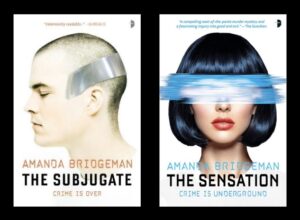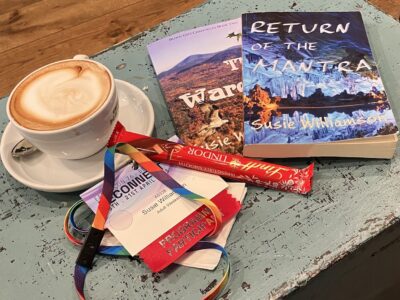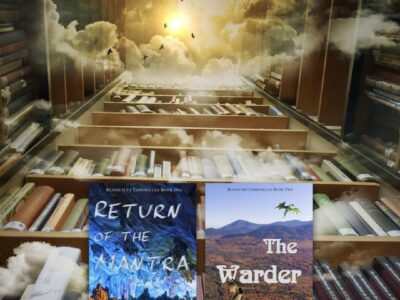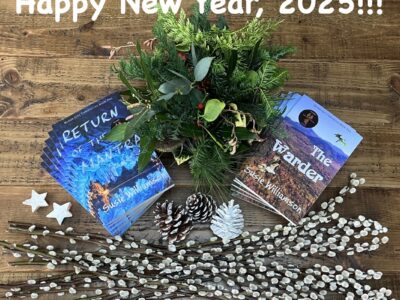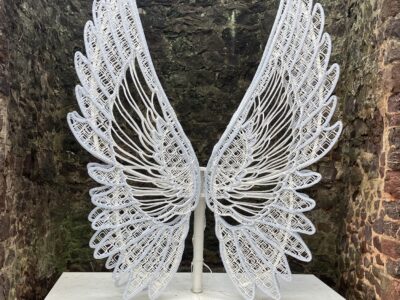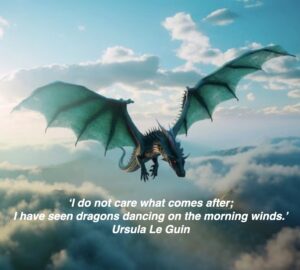
Writing is well under way for Book 3 of Blood Gift Chronicles. While living alongside characters who inspire me daily, I am also immersed in wildlife and dragons as I forge journeys through land, sea and sky. It’s everything I love about fantasy fiction, grounded in relatable experiences, whilst offering inspiration, colour and magic; against a backdrop of danger. There is everything to lose and everything to gain, when we embrace the truth of our identity, and look to freedom. Flight offers the ultimate in freedom, in the skies, or swimming in oceans deep. And so I look to dragons, of different kinds.
I recently received a gift through the post, a gorgeous postcard featuring the Maeshowe dragon, an intriguing and playful image, ancient graffiti left behind in the Neolithic tomb of Orkney, etched by visiting Norsemen. I love the idea of mythical creatures just waiting to be re-awakened. And I love a new book just waiting to be opened, like my recent purchase, Fathomfolk by Eliza Chan, a title I’ve had my eye on for some time now – sirens, sea witches, kelpies, and a deep dive into Japanese folklore with kappas and eastern dragons, what’s not to love.
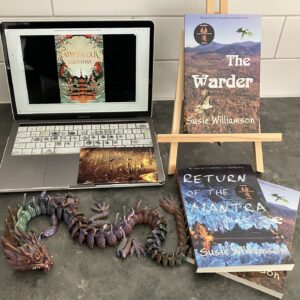
And so what is the draw to the ever popular dragon?
‘Beyond this place, there be dragons,’ the old map makers used to say…
Fantasy requires us to take a leap of faith and step into the unknown, to render our desire for control and open ourself up to a different possibility. The fact we enjoy the genre suggests we’re looking for that kind of adventure. What better way than with creatures that can take flight or disappear into the deepest oceans, that can shape-shift, have intelligence and speak many tongues, that teach us humility, less we choose the path of destruction, or create opportunity to unite behind a common enemy – if a dragon can wipe out an entire army, it will take more than an army to defeat one. Whatever purpose they serve, they tip us well beyond the threshold of the familiar, transcend to a point of no return.
‘I do not care what comes after; I have seen dragons dancing on the morning winds,’ Ursula Le Guin.
They are also weirdly relatable, since we grow up learning about the giants of history, aka dinosaurs. And of course we know lizards, and there are those that can fly. Flying lizards appear in my WIP novel, and this photograph has been my screensaver for some time, as pointed out by my paper-mache version, companion of the book table.
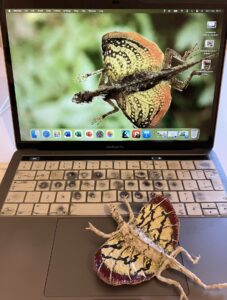
The feelings that dragons can invoke are also relatable to contemporary issues of climate change, habitat loss and depletion of the species. Ann McCaffery’s dragons are literally allies in the fight against climate change. More subtle, the mysticism in Ursula Le Guin’s dragons in Tales of Earthsea explore the possibility of extinction from the world we know, melancholy at the thought of dragons flying the other wind, leaving behind a world without dragons, a world without the majestic mystery of this awe-inspiring other-worldly magic.
In my series, Blood Gift Chronicles, the theme of power is explored through the hard magic of traditional fire breathers, and the soft magic of water dragons. One power will out, which one, you’ll have to find out, but the aim was never to rid the world of dragons, but rather lean into creation. Exploring these internal and external worlds, opening ourselves up to perspectives of air and sea, considering the power of the otherworldly, gives a vast overview of the world that only dragons can bring. It’s a fly high, and a deep dive, battling internal struggles, fighting powers in a bid for freedom, with the question, if you have fought a dragon, is there any turning back?
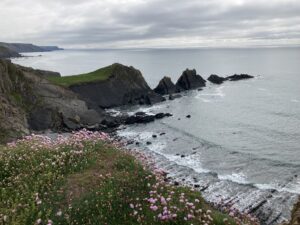
Landscape credit to the coastline of Hartlands, where lies a partly submerged, rocky dragon.
